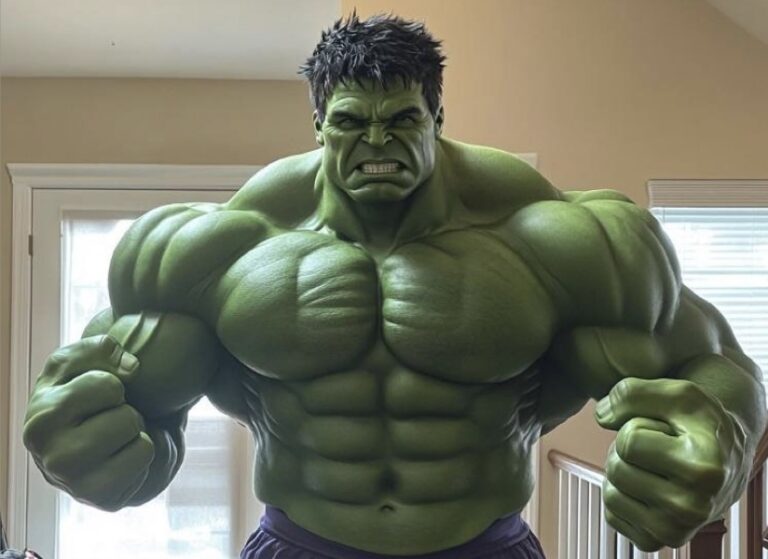Disney and NBCUniversal File Landmark Lawsuit Against AI Company Midjourney
The Walt Disney Company and NBCUniversal recently initiated a significant copyright infringement lawsuit against Midjourney, an artificial intelligence image-generation firm. This case is being closely watched as it represents a pioneering legal effort by major studios to address the intricate challenges that artificial intelligence poses to copyright law.
Allegations of Intellectual Property Theft
The lawsuit, filed in the U.S. District Court in Los Angeles, accuses Midjourney of systematically exploiting copyrighted material by producing unauthorized reproductions of famous characters. The companies claim that this practice undermines the creative efforts of the film industry, which plays a vital role in the U.S. economy.
Key Accusations Include:
- Unauthorized Image Generation: Midjourney’s platform allows users to generate and download images of iconic characters, including Disney’s Darth Vader and NBCUniversal’s Minions, simply by inputting text prompts.
- Economic Impact: The lawsuit argues that the company’s actions threaten millions of jobs and the financial viability of the film industry, which contributes over $260 billion to the U.S. economy.
A Claim of Calculated Infringement
The lawsuit posits that Midjourney’s business model operates in blatant disregard of U.S. copyright laws. Executives from Disney and NBCUniversal stated:
“Midjourney’s infringement is calculated and willful. Plaintiffs have asked Midjourney to stop infringing their copyrighted works… but Midjourney… is focused on its own bottom line.”
Specific Demands from Studios:
- Unspecified damages.
- A share of revenues generated from copyright infringement.
- Immediate action to prevent further unauthorized use of copyrighted materials.
According to the lawsuit, Midjourney reportedly grossed $300 million in 2024, primarily from activities deemed infringing.
Legal Implications and Broader Concerns
The lawsuit underscores the ongoing debate surrounding the rights of creators in the age of artificial intelligence. Specifically, it raises critical questions about the legality of using copyrighted works for training AI models. Disney and NBCUniversal argue that such practices not only challenge established copyright principles but also jeopardize the creative industries that are essential to the U.S. economy.
Midjourney’s Response and Future Plans
In light of the lawsuit, rumors have emerged that Midjourney is planning to release new applications, including video generation capabilities. This further alarms the plaintiffs, who view it as a continuation of unlawful practices.
“Midjourney has chosen to double down on its unlawful actions by releasing… its soon-to-be-released commercial AI video service,” the lawsuit states.
Current Legal Climate in the AI Sector
The legal landscape surrounding AI-generated content is evolving, with additional lawsuits emerging. For example, Getty Images has already entered into a high-profile legal battle against Stability AI, establishing a precedent in this nascent area of copyright law.
Impact on Creatives and Industries
As these cases unfold, the ramifications for the creative community are significant. Key points include:
- The necessity for clear legal frameworks governing AI-generated works.
- The potential for extensive adjustments to current copyright laws in response to AI developments.
Conclusion
The lawsuit by Disney and NBCUniversal against Midjourney signals a crucial moment in the ongoing dialogue between technology and intellectual property rights. As generative AI continues to evolve, its implications for the landscape of copyright law and the creative industries will undoubtedly remain a focal point for discussion and legal scrutiny.
For further reading, you can explore more about copyright law and artificial intelligence.


